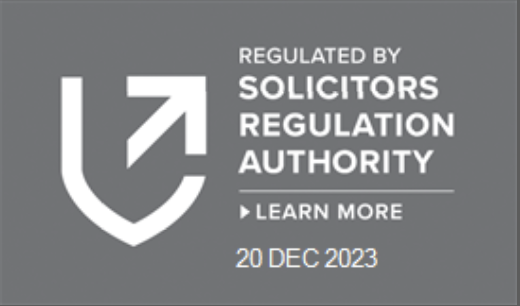Farm Safety Reminder
The HSE’s business plan for 2022-23 provides for 660 proactive inspections across agriculture, livestock, forestry, and anaerobic digestion. It is worth considering how your business would perform on such an inspection, bearing in mind the HSE can charge for their time if they identify a “material breach” of H&S law, or impose a formal Improvement or Prohibition Notice even where there hasn’t been an accident. However, the real incentive for a serious look at H&S is to avoid death and injury in the workplace, especially in farming which produces 18% of all workplace deaths, despite accounting for only 1% of the workforce (HSE 2021-2022).
The Farm Safety Foundation website records life changing and fatal injuries arising from everyday activities like stacking bales or tending to a calving heifer. No one wants their family, workers, contractors, or visitors to be hurt or killed. No business would wish to go through the process of investigation and prosecution by the HSE, particularly bearing in mind more rigorous H&S sentencing in recent years.
Here are some example fines against businesses with “micro” turnovers (under £2 million)
• Maurice Mason – £50,000 plus £22,000 costs – death in silo during cleaning.
• Toft Partnership – £60,000 plus £29,417 costs – fatal roof fall. The farm manger involved was responsible for health & safety, but his employer should have done more to raise awareness of safe working practices.
• Lincoln Proteins – £66,000 plus £25,286 costs – fatal entrapment between vehicles (£8m turnover).
In medium turnover businesses (£10-£50 million) the fines go up:
• WL Duffield – £50,000 plus costs after worker lost finger in valve with missing cover (£40m turnover).
Courts look at the level of culpability i.e., the level of fault and apply that to tables based on turnover. There is a huge difference in fine depending on whether a defendant is “low” or “high” culpability, especially when you get to medium turnover where the starting point fine is £130,000 for “low” and jumps to £950,000 for “high”. Businesses must therefore eliminate “medium” and “high” culpability behaviours such as:
– Ignoring standards
– Breaches over a long period of time
– “Systemic” failings.
An accident might still happen, but culpability will be “low” where:
– H&S procedures exist and are followed
– Recommendations are implemented
– Near misses and breaches are picked up on and lessons learned.
It may seem daunting to keep on top of all H&S law, regulation, and guidance. However, a good start is to refresh the H&S Policy, which you are required to have by law. Check it is fit for purpose. Does it set out H&S responsibilities and how and by whom it will be implemented? Does it promise regular reviews? The HSE will be unimpressed if these are not done. It is essential the words in your Policy translate into living, practical systems for running health and safety in your business. Understanding how H&S needs to be managed like any other aspect of the business is key. See Managing for Health and Safety (HSG65) and Leading Health and Safety at work (INDG417) (rev 1). There are other tools on the Farm Safety Foundation website like a template Farm Emergency Plan. A look at these resources could help you:
– Identify and address risks
– Address training needs
– Ensure important requirements such as first aid training or reporting of injuries under RIDDOR 2013 are not overlooked.
– Plan what you and your team would do in the event of an incident thus seriously reducing your exposure to the demoralising, costly, time consuming and potentially tragic consequences of an accident at work.
Consider too that good H&S management makes for a more profitable business (Business benefits of good H&S –Britsafe) and a more productive one too. In the Aviva 5th Health of the Workplace Report two thirds of workers said they would work harder for an employer that invested in their health.
If you have H&S concerns, help is at hand from independent H&S consultants, online resources and organisations like the NFU. If you face possible enforcement/investigation early legal advice is important and we can assist.
Andrew Clarke can be contacted at a.clarke@gullands.com

 Close Menu
Close Menu






















